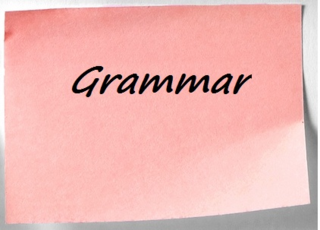A few letters: Disconsternation vs. consternation
There’s something  disconcerting about using these two words: Consternation doesn’t sound correct, yet disconsternation seems to mean the same thing.
disconcerting about using these two words: Consternation doesn’t sound correct, yet disconsternation seems to mean the same thing.
Consternation is a feeling of anxiety or dismay. To wit: Having grown up on a farm in Nebraska, I felt great consternation about moving to Los Angeles.
We add the prefix “dis” to a word to show a negative or reversal. For example, disrespect means to be rude to someone, which is the opposite of respect. So disconsternation logically should mean to alleviate anxiety or dismay.
Some writers try to use disconsternation to mean the same as consternation, however. That’s probably because they intend to say disconcerting, which means to worry or to perturb. Oh what a difference a few letters make!
Bottom line: Disconsternation is not a word; use consternation instead. If consternation sounds wrong, you probably mean disconcerting, so use that word instead.
Need an editor? Having your book, business document or academic paper proofread or edited before submitting it can prove invaluable. In an economic climate where you face heavy competition, your writing needs a second eye to give you the edge. Whether you come from a big city like Providence, Rhode Island, or a small town like Hygiene, Colorado, I can provide that second eye.
<A HREF="http://ws-na.amazon-adsystem.com/widg... Widgets</A>
Related articles
 How to get rid of Word's proofreading marks
How to get rid of Word's proofreading marks No worries: Nerve-racking vs. nerve-wracking
No worries: Nerve-racking vs. nerve-wracking



